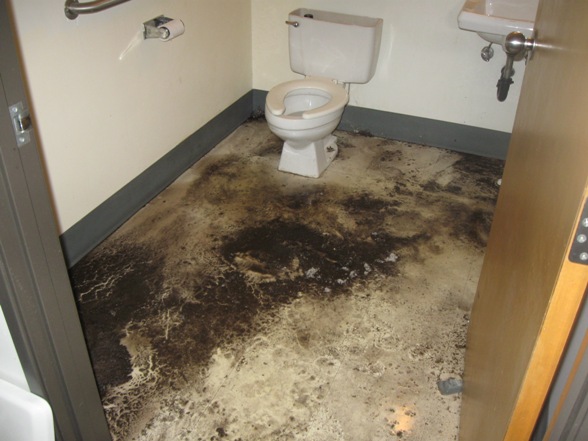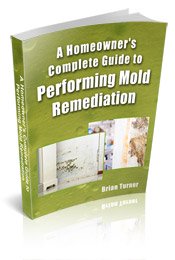Find a Mold Specialist Now
Click or Call, Toll-Free 24/7
Sewage In The Home:
Homeowners Guide
Do you have a sewage leak in your home that you have to deal with, or are you wondering what you would do if there was one? When it comes to managing water damage caused by sewage, safety is your first priority. Calling in a professional is also often necessary to address the damage and get your home back to a safe and comfortable living condition.
Cleaning Sewer Water Properly
According to the Colorado Department of Public Health and Environment, sewage is a biohazard, and it is important to take great care to avoid unhealthy living conditions. Sewage backups carry disease causing bacteria and viruses that can make your family sick. Not to mention, if you don’t take precautions and thoroughly address the problem, the ill effects could linger and cause problems now and in the future. It’s a good idea to wear gloves and a face mask and have your vaccinations up to date before you deal with any sewage issue, to be on the safe side.
Disinfect
When dealing with sewage water, first, clean up the area so that the water is gone. If the water is minimal, you might be able to accomplish this by using a wetvac. In other instances, using industrial fans will be necessary. If you’re unsure about how to get the area dry, don’t hesitate to call a professional.
Once the water is dry, the area needs to be disinfected thoroughly. Bleach is a common household product that is often used for this purpose. There are also industrial strength cleaners on the market with powerful disinfecting agents. After you’ve completed the cleanup, make sure that you disinfect or dispose of clothing and everything else that comes into contact with the sewage.
Use Proper Ventilation
Ventilation is important, especially when you are around sewage. Open your windows, and if you can't get the room ventilated, then leave it to professionals who have access to the right types of breathing masks. Breathing in sewage and cleanup chemicals can cause serious health issues including an asthmatic attack, respiratory distress or other such concerns.
Drywall Removal
Sometimes the damage that sewage does is severe enough that you have to remove parts of the drywall and flooring. This is best left to professionals. When removing drywall, especially wet drywall, it is important to watch for plumbing and electrical lines and be aware of other elements that could impact the structural integrity of your home. It’s also essential to properly dispose of anything you remove from your home to avoid contaminating local water supplies and landfills.
Health and Safety Concerns
Do not touch anything in the area of the sewage spill without proper protection on your hands and body. You need to seal off your shoes so that nothing can get into them, and take care to wear proper breathing protection so that airborne water droplets don't get into your lungs. Again, your vaccinations must be up to date, and if you do come into contact with any sewage, bathe right away and see a doctor if health issues arise. Keep young children and frail adults away from the impacted area. Being near it could cause them to experience medical concerns, even if they are wearing protective gear.
How to Hire a Professional
The very best way to deal with sewer water damage is to hire a reputable professional. You may have the ability to do a little of the cleanup, but if you consider the risk of disease and the fact that if you miss anything it can cause problems well into the future, it makes sense to hire someone that knows what they are doing. To hire someone, look for a disaster cleanup company. If you’re filing an insurance claim, your insurance company may have some recommendations. You can also follow this link to get a list of water damage restoration companies in your area. Check reviews and look for accreditation with agencies such as your local Better Business Bureau to ensure the company is one you can depend on. If you’re asked to pay up front for services, this could be a red flag. Ask questions and make sure that you understand any and all terms of any contracts you sign.
Dealing with sewer water damage in your home is always stressful, but taking the proper steps helps you to restore you home quickly, avoid further damage and keep your family safe. The key to getting this kind of problem cleaned up is using caution and care and always putting safety first.
About the Author:
Joe Crivello is the owner of AmeriDri, and has been in the remediation business for 25+ years. AmeriDri is IICRC certified and specializes in water damage, fire damage and mold damage in the Colorado Springs area.
Return From Sewage In The Home To Our Mold And Water Damage Specialists Page
Black Mold Health Symptoms Home Page





